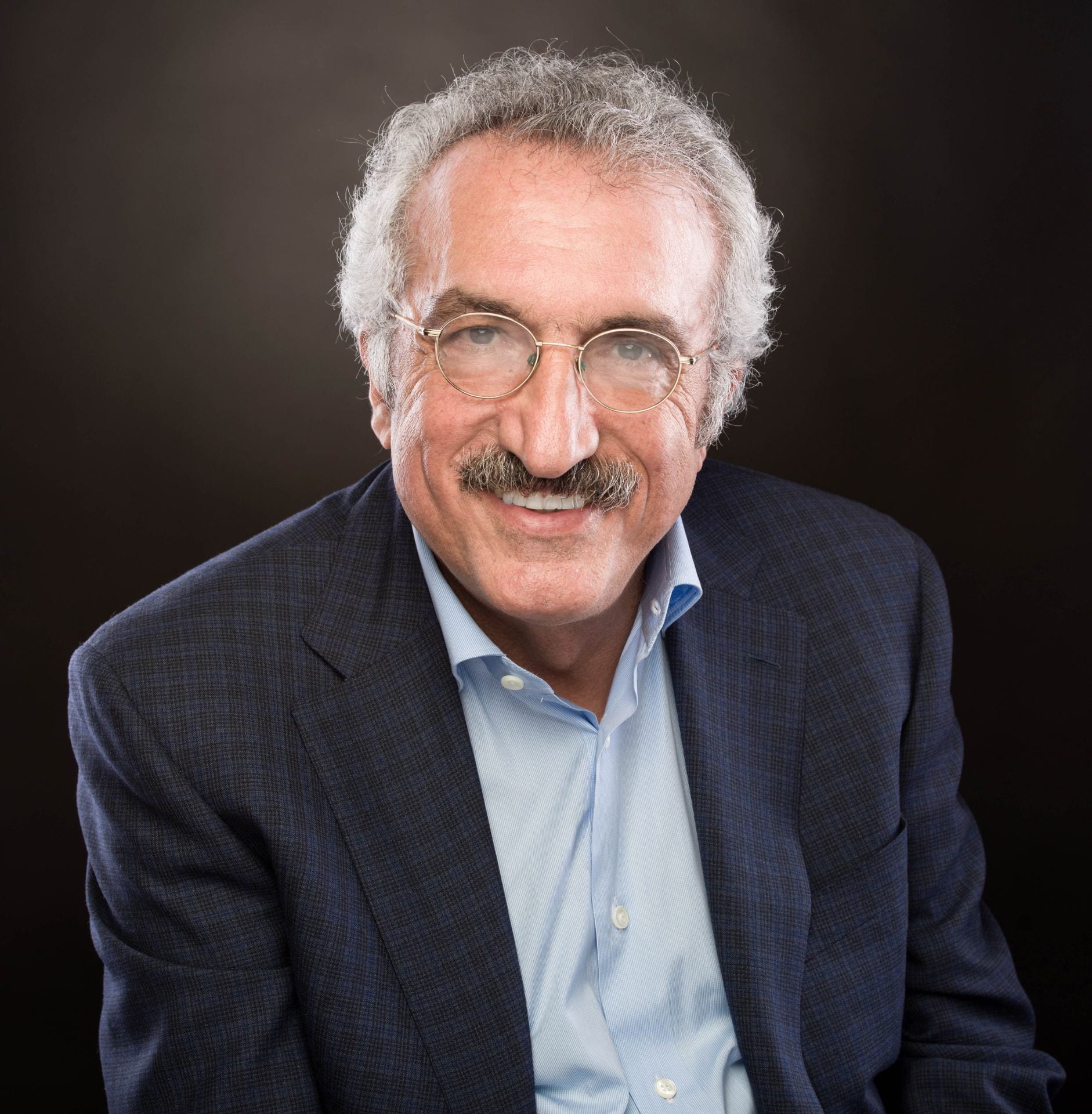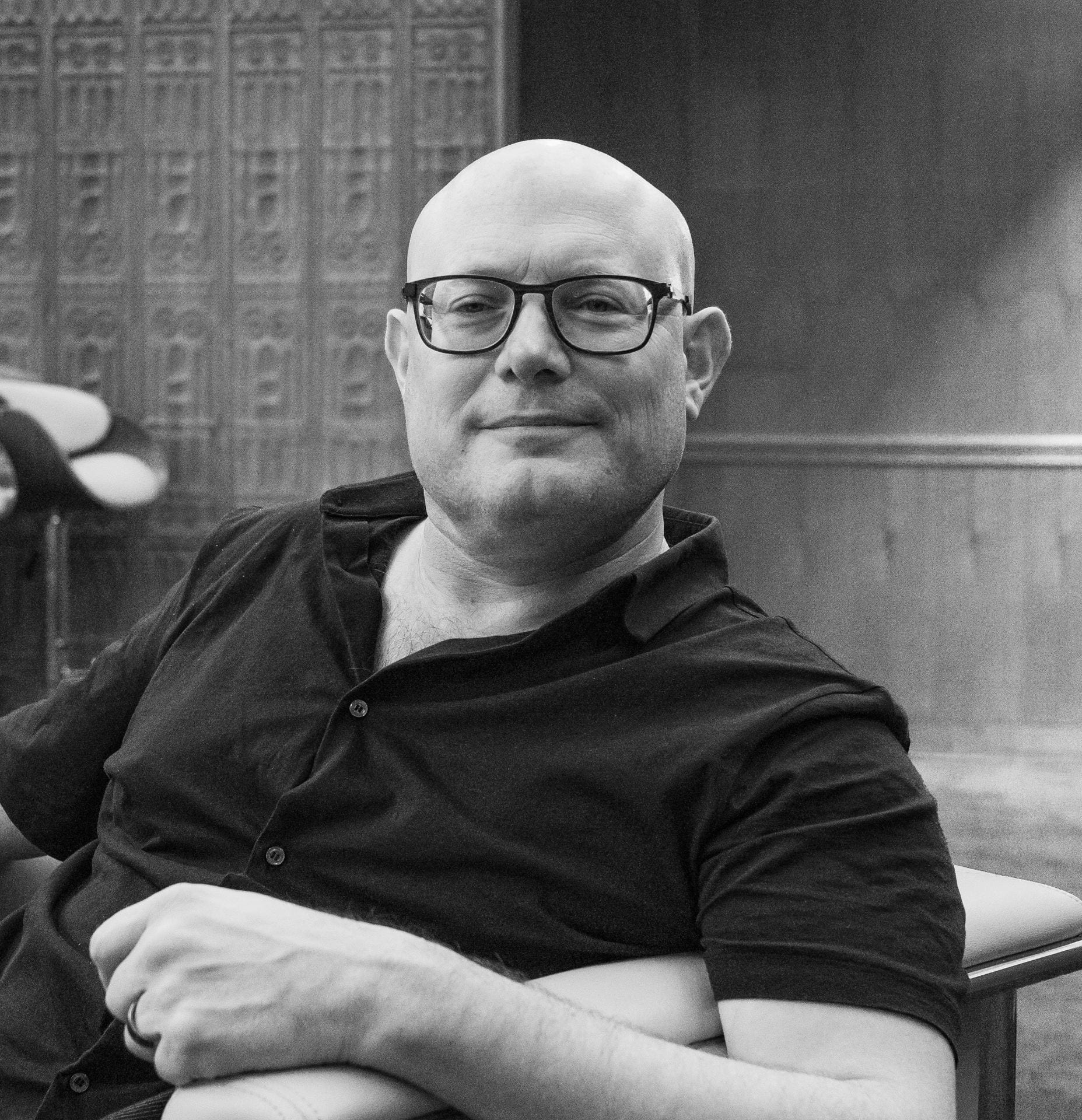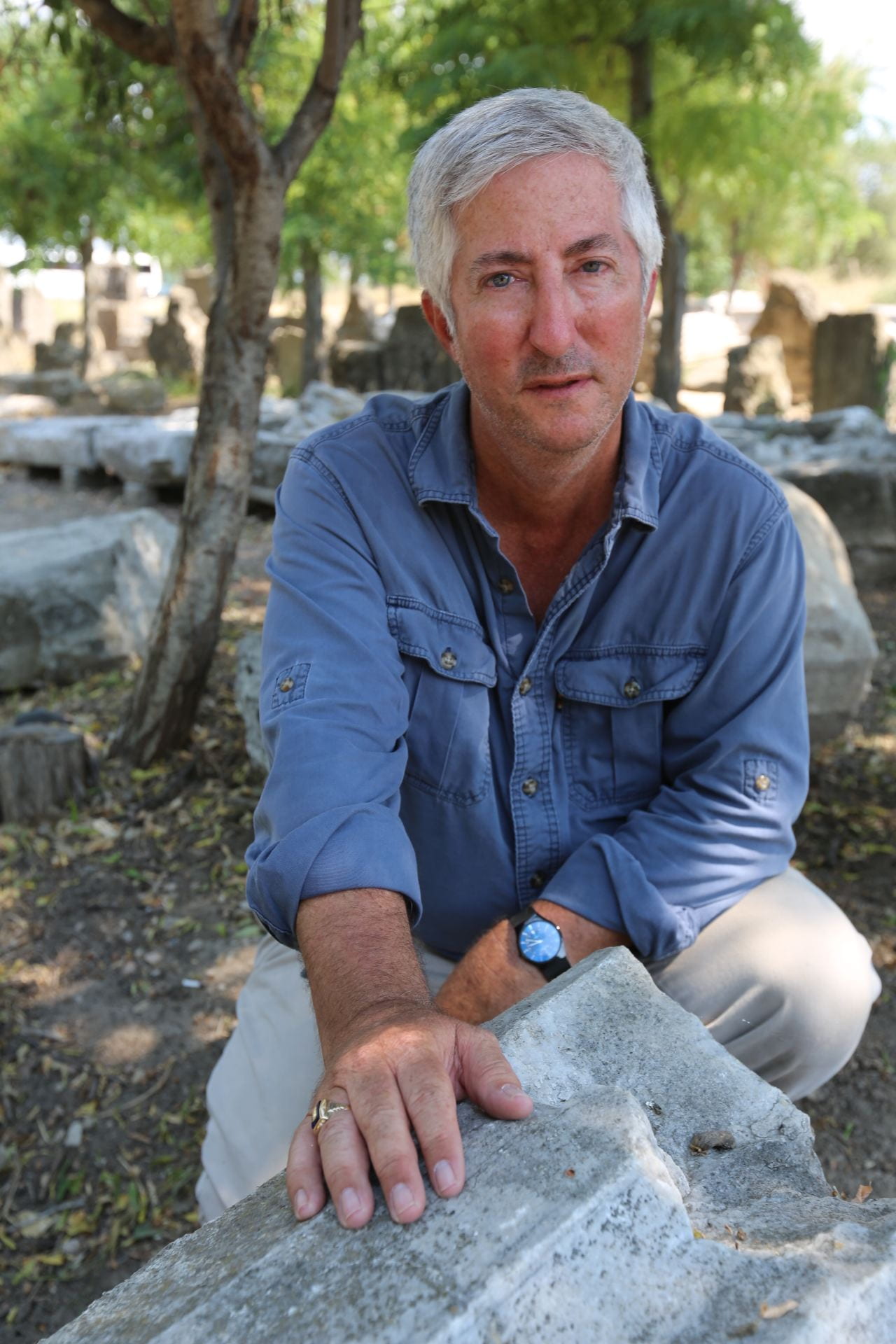Speaker Series
Thursday, February 11th at 4:30pm CT (Michael Cooperson, UCLA)
Friday, February 26th at 1:30pm CT (Eric H. Cline, GWU)
Thursday, March 11th at 3:00pm CT (Thomas Schneider, UBC)
Sa’di & Humanism
Wednesday, February 3rd, 2021 at 6:30pm (Central)
Humanism is a core concept of modernity and the dominant narrative in Iran has long been that the concept came to Iran after the encounter with the West, particularly in the 19th century. Based on his book, Sa’di & Humanism (Zemestan, Iran, 2019) co-authored with Maryam Mirzadeh, Dr. Milani argues that key components of a modern humanism were evident in Sa’di’s works in the thirteenth century. Such efforts at rereading past texts are part of a new reading of the history and genealogy of modernity in Iran.
Abbas Milani is the Hamid & Christina Moghadam Director of Iranian Studies at Stanford University. He has been one of the founding co-directors of the Iran Democracy Project and a research fellow at the Hoover Institution. His expertise is U.S.-Iran relations as well as Iranian cultural, political, and security issues. Until 1986, he taught at Tehran University’s Faculty of Law and Political Science, where he was also a member of the Board of Directors of the university’s Center for International Relations. After moving to the United States, he was for fourteen years the Chair of the Political Science Department at the Notre Dame de Namur University. For eight years, he was a visiting Research Fellow in University of California, Berkeley’s Middle East Center.


Englishing al-Hariri
Thursday, February 11th, 2021 at 4:30pm (Central)
Though often called untranslatable, the Maqamat of al-Hariri (d. 1122) have been carried over very successfully into Hebrew, German, and Russian. Impostures (NYU Press 2020), the most recent attempt in English, uses stylistic variation to compensate for the loss of prose rhyme. While certainly not the only path possible for its translation, and indeed some reviewers have disapproved, Cooperson hopes that its choice conveys a sense of the work’s playfulness and excess. The talk will explain his method, share some examples, and invite discussion.
Michael Cooperson teaches Arabic at the University of California, Los Angeles. His research interests include early Abbasid cultural history and Maltese language and culture. His translation of Ibn al-Jawzī’s Virtues of the Imam Ahmad ibn Hanbal (2013) received the Sheikh Hamad Prize for Translation and International Understanding. His most recent publication is Impostures, an Englishing of the Maqamat of al-Hariri. It has been named “the best translated book of 2020” by Open Letters Review and one of the top ten books of 2020 by the Wall Street Journal.
Wine, Feasting, and Frescoes: The Ongoing Excavation of a Middle Bronze Age Palace at Tel Kabri, Israel (2005-2019)
Friday, February 26th, 2021 at 1:30pm (Central)
Excavations and survey from 2005-2019 at the site and environs of Tel Kabri, located in the western Galilee of modern Israel, have shown that the Middle Bronze Age Canaanite palace there is at least three times as large as previously thought, with much still remaining to be excavated. The palace is painted with what may be the earliest-known western art in the Eastern Mediterranean, for it is the earliest of the four known sites in Egypt and the Near East (Alalakh, Qatna, Daba, and Kabri) that have palaces decorated with frescoes painted in an Aegean manner, probably by Cycladic or Minoan artists. It also contains the oldest and largest wine cellar known from the ancient Near East – nearly 20,000 bottles in today’s terms. Highlights of the excavation seasons include the discovery of nearly 100 additional fragments of plaster, 60 of which are painted, from both a previously unknown Aegean-style wall fresco with figural representations and a second Aegean-style painted floor; a monumental building, perhaps used for dining or feasting, with in situ orthostats; and a complex of storerooms filled with nearly 150 complete but smashed storage jars, most or all of which originally contained wine. The most recent seasons of excavation have resulted in the discovery of evidence for a catastrophic earthquake, which might help to explain the abandonment of the palace after just a few centuries.
Eric H. Cline is Professor of Classics, History, and Anthropology, the former Chair of the Department of Classical and Near Eastern Languages and Civilizations, and the current Director of the Capitol Archaeological Institute at George Washington University, in Washington DC. A National Geographic Explorer, NEH Public Scholar, Getty Scholar, and Fulbright Scholar with degrees from Dartmouth, Yale, and the University of Pennsylvania, he is an active field archaeologist with more than 30 seasons of excavation and survey experience in Israel, Egypt, Jordan, Cyprus, Greece, Crete, and the United States, including ten seasons at Megiddo (1994-2014), where he served as co-director before retiring from the project in 2014, and another ten seasons at Tel Kabri, where he currently serves as Co-Director. He is the author or editor of 20 books and nearly 100 articles; translations of his books have appeared in nineteen different languages.


Egyptology in Nazi Germany: Ideology, Scholarship, Careers
Thursday, March 11th, 2021 at 3:00pm (Central)
The history of Egyptology in the Third Reich has only recently become the subject of academic analysis. Based on extensive archival research in Germany, this lecture will provide a comprehensive overview of the discipline under National Socialism. It will look at the careers of individual scholars, from the emigrants and those persecuted to scholars who served in the paramilitary organizations of the NS state and saw themselves as “political leaders” for the new regime. Attempts to align Egyptology – a discipline studying a “non-Aryan” civilization – with the Nazi doctrine occurred early on; in addition, the German Archaeological Institute in Egypt played an important role in Nazi propaganda in the Middle East. The discipline’s history in Nazi Germany was also of decisive significance for the post-war development of Egyptology in the United States. More fundamentally, this chapter of the history of the humanities is also an example of the diverse dispositions of scholarship to political pressure and the fragility of tenets of academic integrity.
Thomas Schneider is Professor of Egyptology and Near Eastern Studies at the University of British Columbia (Canada). He studied at the University of Zurich, the University of Basel, and the École Pratique des Hautes Études in Paris, earning a Lizentiat (1990), a doctorate (1996), and a Habilitation (1999) in Egyptology at the University of Basel. Prior to joining UBC in 2007, he was a Junior Research Professor of the Swiss National Science Foundation at the University of Basel (2001-5) and Chair Professor in Egyptology at Swansea University, Wales (2005-8). From 2018-20, he served as Associate Vice President (International) at the Southern University of Science and Technology in Shenzhen, China. He held Visiting Professorships at the University of Vienna (1999), the University of Heidelberg (2003-4) and the Hebrew University of Jerusalem (2018). He was a Visiting Scholar at NYU (2006), UC Berkeley (2012), as well as a Guest Lecturer at the Institute of Archaeology of the Chinese Academy of Social Sciences in Beijing (2016) and at Shanghai University (2018). He is the founding editor of the “Journal of Egyptian History” (2008-2014) and was the editor of “Culture and History of the Ancient Near East” (Brill, 2006-2013) and “Near Eastern Archaeology” (American Schools of Oriental Research, 2012-2018).
MESSA’s Speaker Series is funded in part by Student Government and in part by CMES.